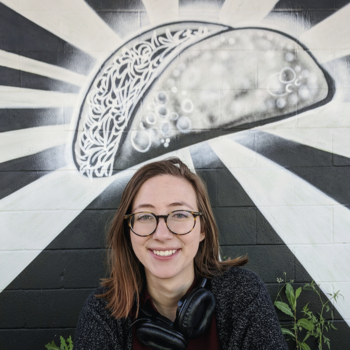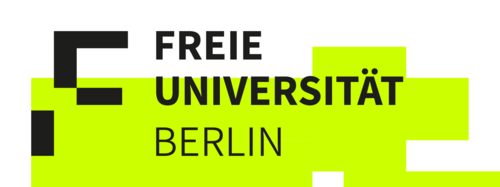Amelia Kahn

Fellow
Epistemology, Value Theory, Philosophy of Language, Applied Ontology
Normative epistemology is full of norms that outstrip our abilities: norms that tell us to believe everything that our evidence supports, everything we are in a position to know, or everything that follows logically from our beliefs. My work is about how these demands square with our limitations: time, cognitive capacities like attention and memory, and fallibility. I'm interested in a variety of topics related to how normal human agents like us rationally respond to our limitations: clutter avoidance, inquiry, higher-order evidence, and non-ideal epistemology, among others.
At the center, I'll focus on two ways that our cognitive abilities constrain what we should believe: 1) the idea that our limitations themselves impose normative pressure to, say, use our cognitive resources wisely, and these conflict with highly demanding epistemic norms, and 2) an epistemic “ought-implies-can” principle, according to which everything that we epistemically ought to believe is something that we can believe.



